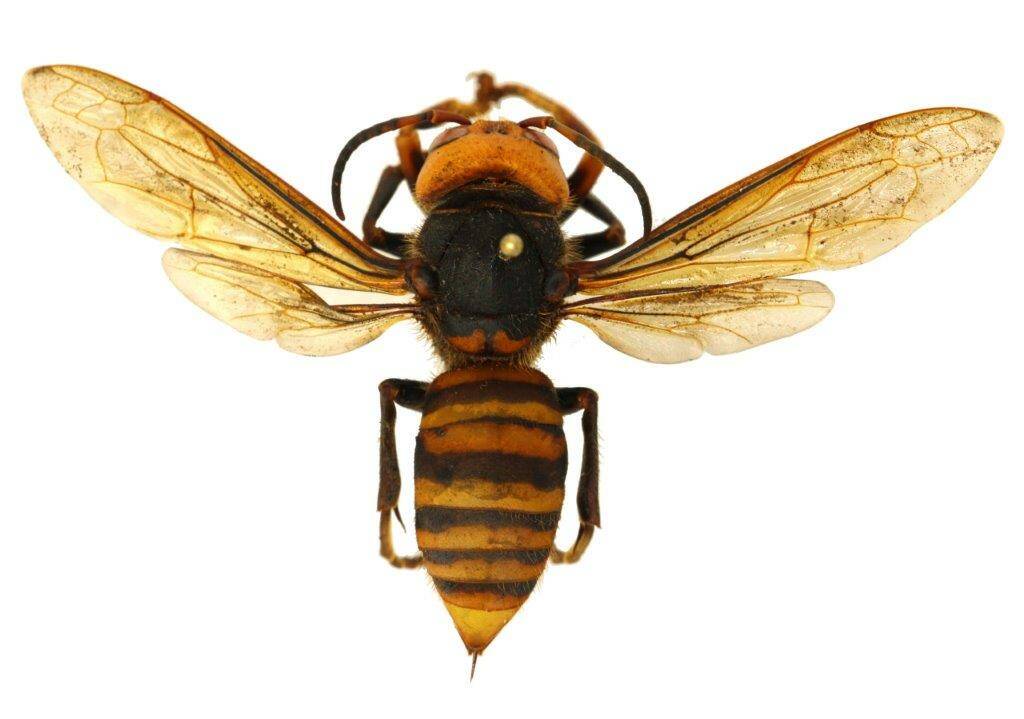The Rise of Asian Hornets: Impact and Management

Introduction
The Asian hornet (Vespa velutina) has become a significant concern in the UK since it was first spotted in 2016. Its presence raises alarms not only for public safety but more importantly, for the ecological balance and biodiversity within the region. As a predator of honeybees, the Asian hornet threatens the honey industry and overall pollinator populations, which are vital for food production.
The Invasion of Asian Hornets
Since their arrival in Europe from Asia, Asian hornets have spread rapidly, establishing populations primarily in France and Spain before making their way to the UK. Their ability to adapt to new environments has been a driving factor in their spread. Reports from the National Bee Unit indicate that numerous sightings of these pests have occurred across several counties, prompting actions from environmental and agricultural authorities.
Impact on Biodiversity
Asian hornets are not only a nuisance; they pose a critical risk to native bee species. They hunt honeybees, often attacking colonies with devastating efficiency. A single hornet can kill up to 50 bees in a day, significantly reducing the workforce of a hive. This predation directly impacts the pollination of plants, which affects food production and biodiversity in ecosystems. Furthermore, local farmers and beekeepers are expressing concerns over the long-term viability of their operations.
Management and Control Efforts
The UK government, alongside local authorities and conservation groups, is actively working to control the spread of Asian hornets. The National Bee Unit has created monitoring programmes, and beekeepers are encouraged to report sightings to help trace and manage populations. Additionally, traps have been deployed to capture hornets and prevent them from breeding. Public awareness campaigns have also been initiated to educate residents on how to identify and report these invasive insects.
Conclusion
As the Asian hornet continues to establish its presence in the UK, it is imperative that steps are taken to monitor and manage its impact on local ecosystems and the agricultural industry. The implications of their invasion extend beyond just bee populations; they threaten food security and biodiversity as a whole. Continued collaboration between the government, local agencies, and the public will be essential in safeguarding against this invasive species and preserving the delicate balance of our natural environment.
